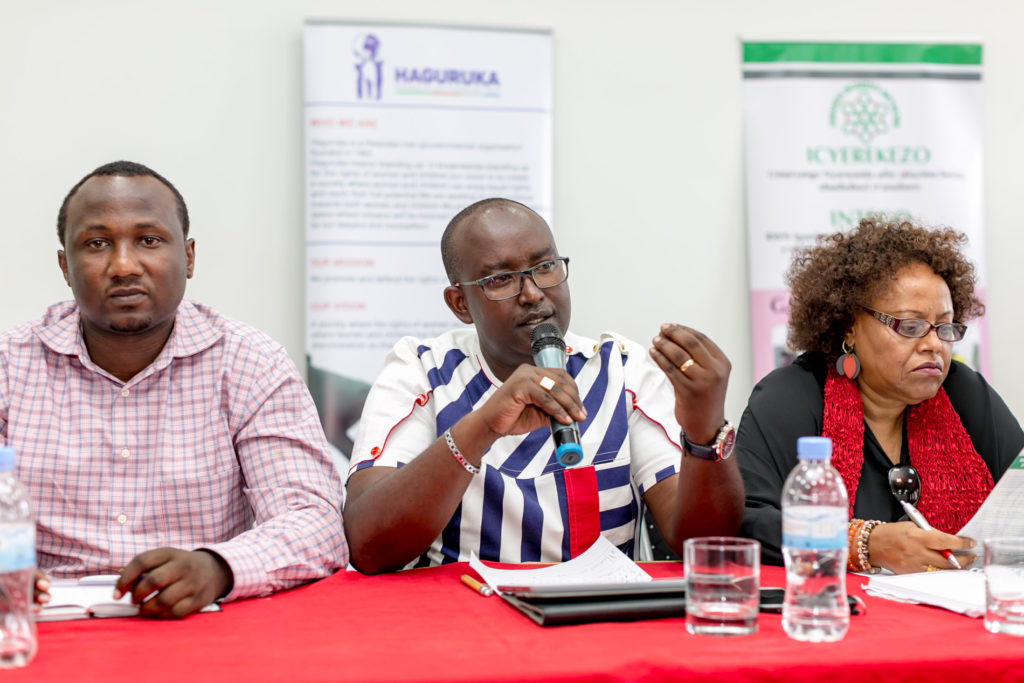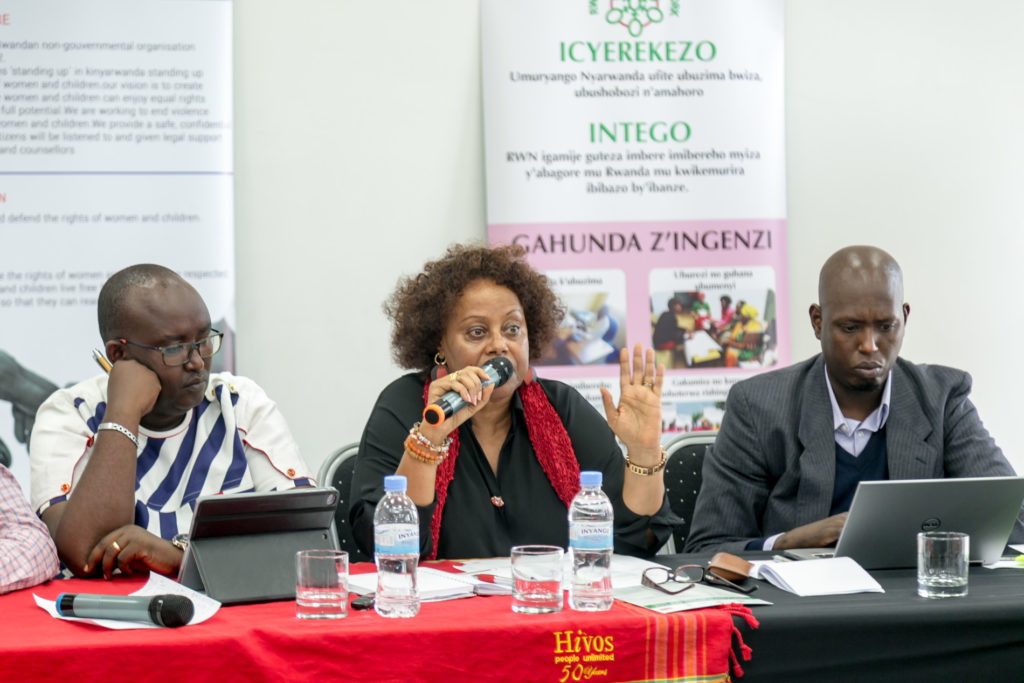By Faith Muiruri
Rwanda’s informal sector workers can now breathe easy following an amendment to the labour law that guarantees them a minimum wage.
According to the Secretary General of Rwanda Workers Trade Union Federation, Biraboneye Africain, the new law will help harmonise salaries in the informal sector.
Speaking during this year’s women@work campaign partners meeting in Rwanda, the union official said the new law will help bridge the glaring inequalities in the labour sector.
Initially, he said, workers in this sector were not covered under the National Social Security law despite being faced with multiple violations.
“We did not have any legal framework to discuss the plight of workers in the informal sector and thus employers had abused this gap and pushed workers to work for long hours with unpaid overtime.
However, this is set to change for the better. “Now workers in the informal sector can heave a sigh of relief. They have a right to minimum wage as the new law has been expanded in scope to cover the informal sector.”
Africain says that under the new law, workers will enjoy annual leave and protection against work place discrimination.

Recruitment
In addition, CESTAR has been recruiting workers in the trade union to help push for their rights as outlined in the new law.
“Under the Women@Work Campaign, we have been able to visit farms and so far we have organized about 4,300 workers in trade unions. We have established welfare committees within the farms.”
The trade union has conducted several trainings to empower workers with negotiation skills as part of on-going efforts to promote social dialogue.
‘’We want workers to not only be able to negotiate for their salaries but to be aware of the labour laws and other social security benefits.”
He said most of the workers in the informal sector were not aware about their rights.
‘’We are working with government institutions to push for the recognition of experience of workers to enable them get certificates and compete favourably in the labour market. So far we have certified 20,000 workers in the construction industry. We are targeting other sectors including horticulture.”

Photo: Luqman Mahoro
Safe spaces
Echoing his sentiments, Mary Balikungeri, the founder and director of the Rwanda Women’s Network, said that as an organisation, they had created safe spaces to promote women’s rights and decent work.
“We have taken a rights-based approach to address violations at the farm level and we are currently working with trade unions to sensitise workers on their rights.”
She noted that women account for the highest number of employees in the horticultural farms but they lack contracts and do not have any security of tenure. Maternity leave is also not provided for.
The director said that the situation is further compounded by the rising cases of sexual and gender based violence in the farms.
In horticultural farms, she said that the lobby group had been promoting gender responsive mechanism to prevent GBV.
“We have also established a complaints and investigation mechanism which provides for remedy as well as protection against victimisation of the complainants, witnesses and whistle blowers.
“We are also engaged in raising awareness of employees on GBV at the workplace and their labour rights and the gender sensitive policies and mechanisms in place.”
Ms Balikungeri said the lobby group was also pushing the government to reinforce the laws on GBV at the farm level. “We also want the government to adopt, ratify and support the ILO convention on the domestication of GBV.”
She said that most women workers had been trained on Gender Based Violence. They have also been organized in different committees.
‘’We plan to introduce an exchange programme so that women can interact with their peers in different farms.”
Ms Balikungeri said the next challenge was to push for the realisation of decent work as outlined in goal eight of the Sustainable Development Goals.
Speaking at the forum, Henry Wera, the East African Regional programme officer at Hivos said the Women@Work Campaign was premised on six objectives. These include fair income; security at the workplace; participation in decision making processes and good labour conditions.
This story was first published on Kenyan Woman, a monthly online newspaper produced by the Women@Work Campaign media partner African Woman and Child Feature Service.



